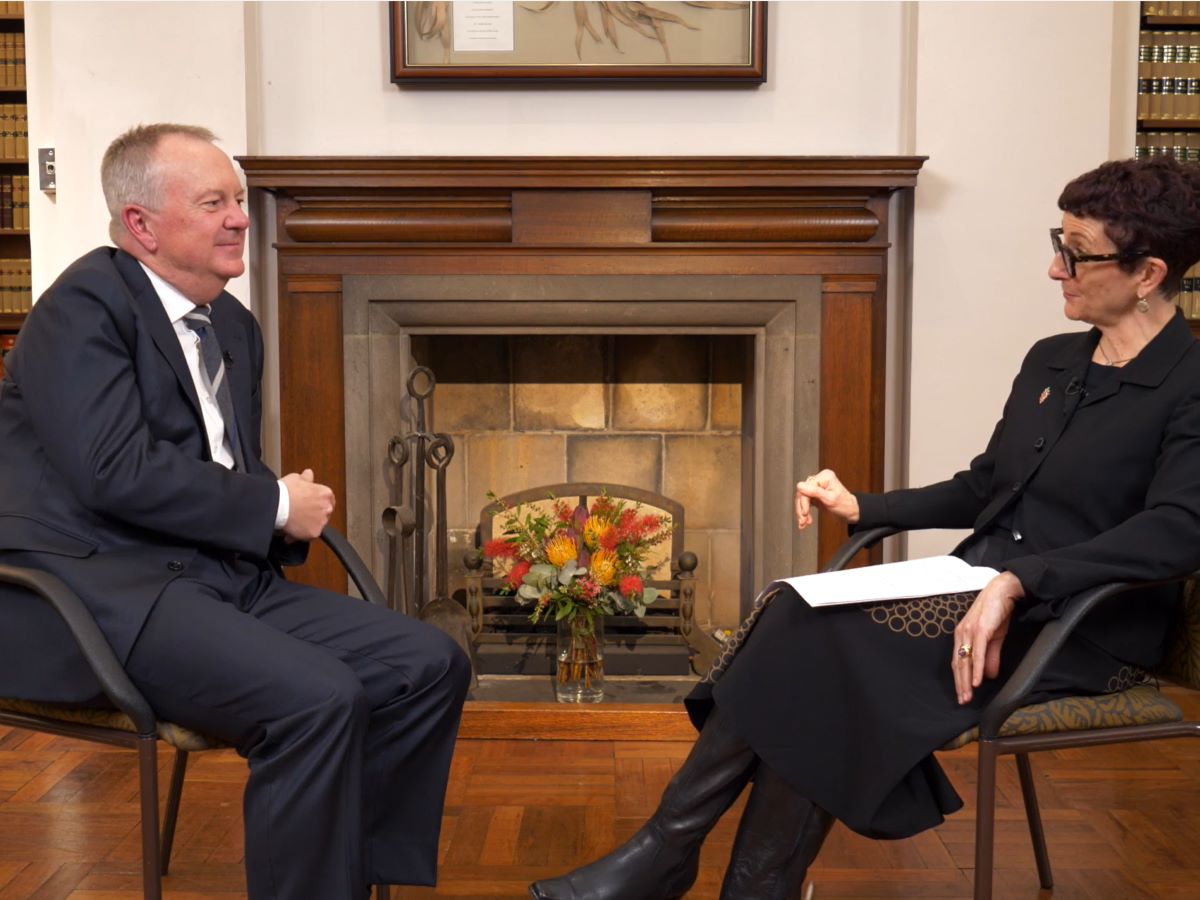The nuts and bolts of sentencing
There was intense media interest at Melbourne's County Court this morning as Chief Judge Peter Kidd sentenced Cardinal George Pell for sexually assaulting two choirboys.
There was intense media interest at Melbourne's County Court this morning as Chief Judge Peter Kidd sentenced Cardinal George Pell for sexually assaulting two choirboys. Promoting transparency of the court, Judge Kidd's sentencing remarks were broadcast live, including to a large group of media and onlookers outside the County Court.
Judge Kidd imposed a total sentence of six years' imprisonment with a non-parole period of three years and eight months. That means Pell will be eligible to apply for parole after serving this non-parole period. His release after parole is a matter for the Parole Board.
In his sentencing remarks Judge Kidd said -
Finally, sentencing is often simplistically portrayed by some in the public sphere as being an easy and uncomplicated task. From where I sit today, the exercise is far from an easy one. And it is certainly not simple. I am required to weigh all of the relevant matters in this case and then reach a conclusion as to a just and appropriate penalty that reflects all of the circumstances of your case.
Cardinal Pell has already lodged an appeal against the conviction, which is set to be heard in the Court of Appeal on June 5.
How did Chief Judge Kidd come to his decision?
Judges must consider many factors when making a decision on sentencing. These decisions are then made publicly available.
Read Chief Judge Kidd’s full sentencing remarks.
So what do judges have to take into account when sentencing?
The Sentencing Advisory Council’s publication ‘A Quick Guide to Sentencing’ explains the where, when, what and how of sentencing in Victoria.
Experience what it is like to hand down a sentence
Try your hand as a Judge with the interactive You be the Judge…
Publications
Subscribe to our Newsletter
Courts, Community and Confidence
Join Chief Justice Richard Niall a for a recorded conversation about the law’s role in our community and the challenges shaping justice today.


